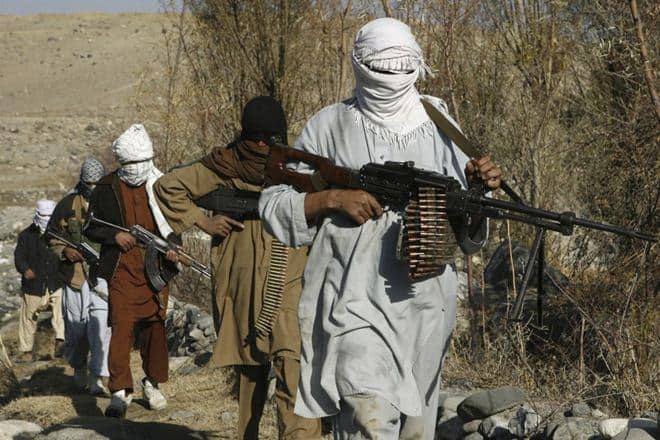Pakistan had rejected the U N Security Council resolution of 1948, the very resolution it swears by now. It never wanted that plebiscite or self determination be exercised by Kashmiris.
For decades Pakistan has pretended to support Kashmiris by calling for self-determination without specifying how this is to be achieved. At the same time, it has portrayed India as the country that has not abided by the UN Security Council Resolution 47 of April 1948.
In actual fact, India had accepted the resolution and it was Pakistan who rejected it, just as Mohammed Ali Jinnah had earlier rejected Lord Mountbatten’s suggestion in November 1947 for a plebiscite in Jammu and Kashmir.
So why did Pakistan reject the UNSC Resolution that it keeps talking about now?
It is quite simple really.
The resolution proposed three essential steps in sequential order. The first step stipulated in Article 1(a) and (b) that Pakistan must withdraw all its forces and tribesmen that had invaded Jammu and Kashmir and then help create conditions for the people to express their choice without fear by not sending men and material into Jammu and Kashmir.
AFTER THIS has been done satisfactorily, only then would the Government of India take steps to gradually withdraw its forces, but would be allowed to retain adequate troops for law and order in the state and for meeting external threats. All this is specified in articles 2(a) to (c).
FINALLY, it is after all this has been done, the Government of India, with its machinery, would then be responsible for conducting a fair and free plebiscite under UN supervision in the ENTIRE State of Jammu and Kashmir.
This was to be the final course of action. The various steps were outlined in Articles 6 to 15 of the UNSC Resolution. Pakistan was to be given no role in this since Maharaja Hari Singh had already acceded to India under the terms of the Independence Act.
Incidentally, it was India which had taken the issue to the UN in the interests of peace and tranquillity. It is quite obvious why Pakistan rejected this resolution as it did not suit its plans to conquer Jammu and Kashmir by force and subterfuge. Pakistan was using the Muslim card for other strategic gains it hoped to achieve like free access to the waters of the Indus and its tributaries and occupy strategic heights north of Punjab. The inhabitants of the state were not its concern, then or now. Pakistan’s aim was to acquire Jammu and Kashmir by any means; there was no question of a choice for independence or choosing India, in the Pakistani calculation.
Ever since then, Pakistan has violated the UNSC Resolution by not just stationing troops in the areas illegally occupied by it, it has augmented its strength, signed deals with China with respect to territory that belongs to Jammu and Kashmir, bartered away portions of the territory to China, and has been changing the demographic pattern in areas like Gilgit Baltistan and Pakistan Occupied Kashmir. It has continually used bases in POK to train insurgents, equip them and launch terror attacks for decades into Jammu and Kashmir.
Mr. Vikram Sood is a former Secretary of the Research and Analysis Wing and an adviser to the Observer Research Foundation (ORF).

